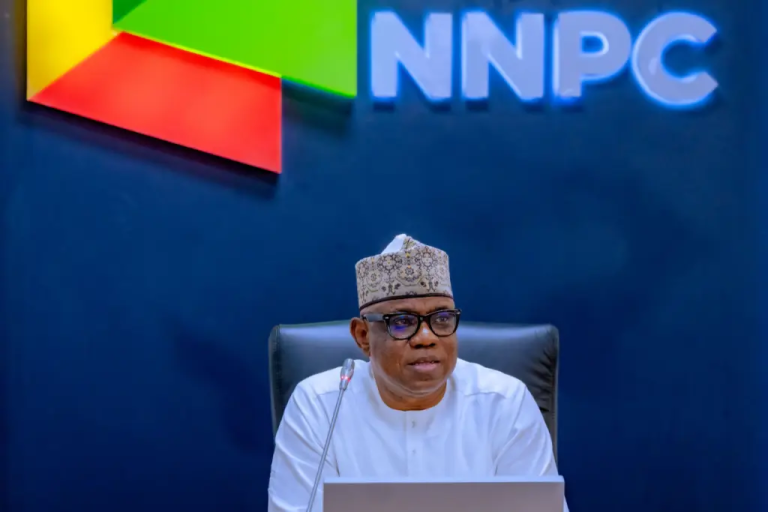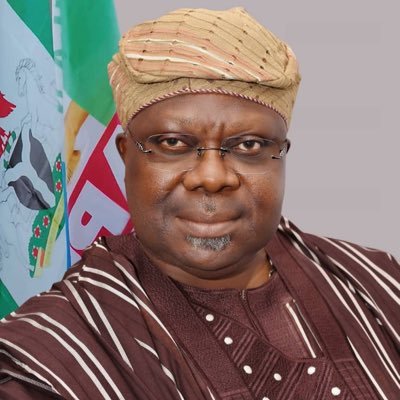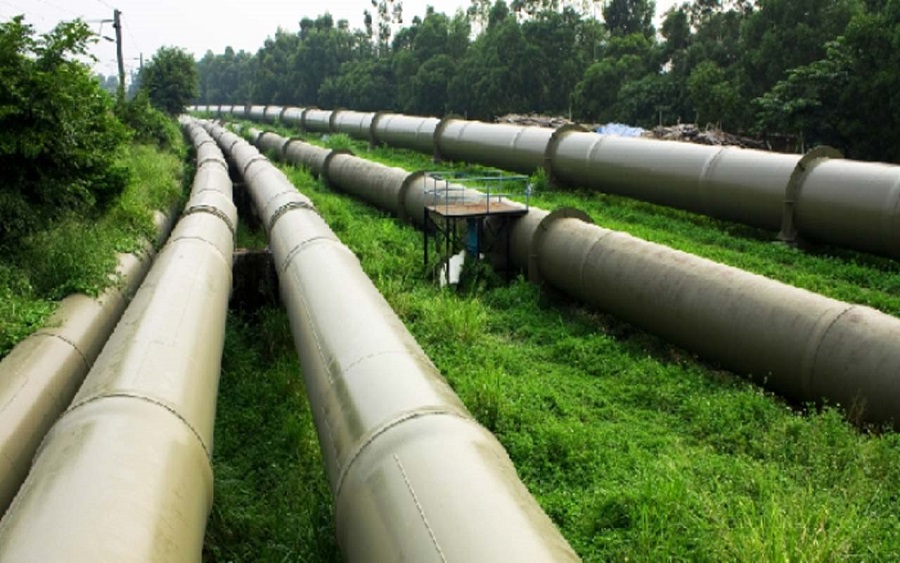
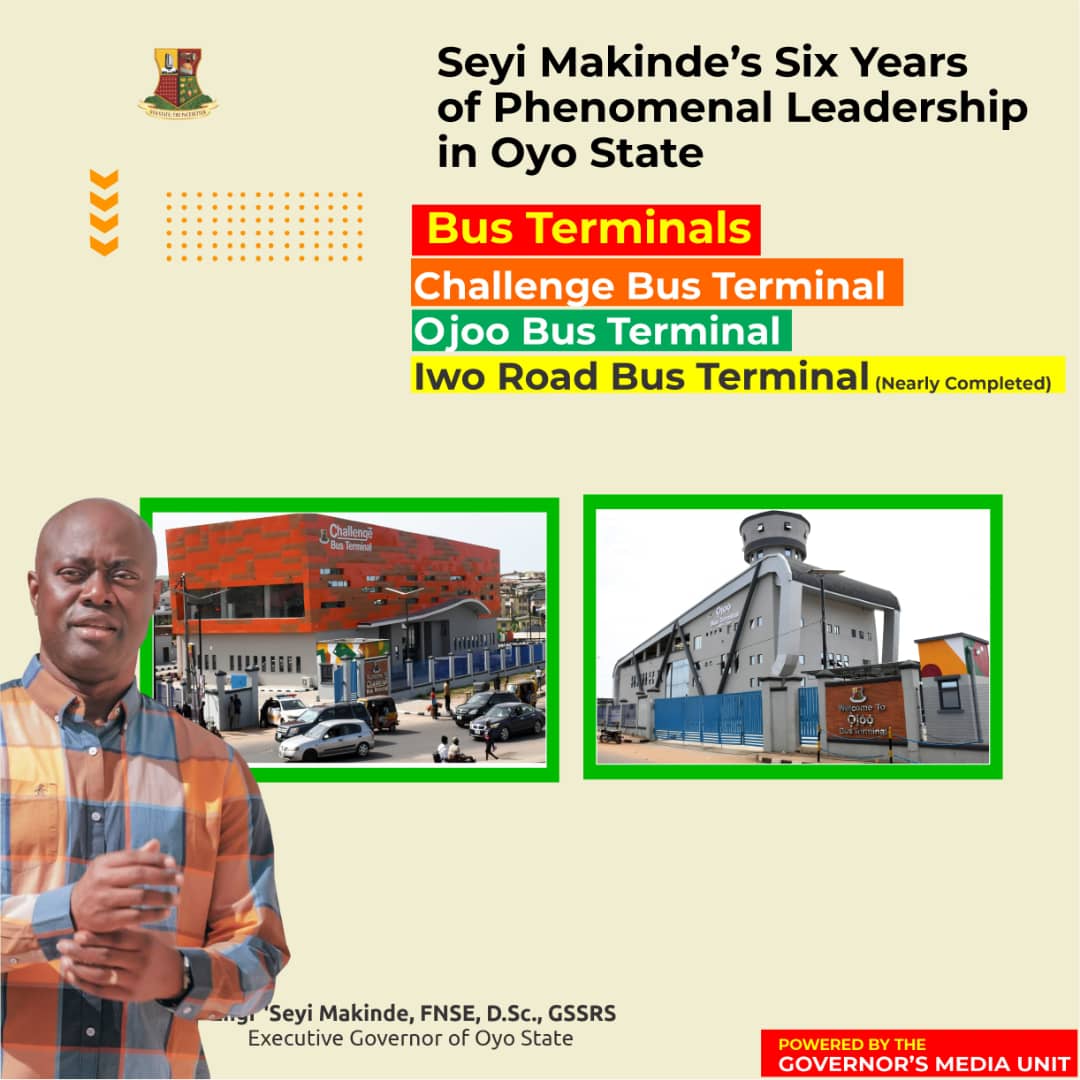
NIGERIA COURTS GLOBAL PARTNERS FOR $20BN UNDERSEA GAS PIPELINE TO EUROPE

GREATRIBUNETVNEWS–Nigeria is aggressively pursuing strategic partnerships to bring to life the ambitious $25 billion Nigeria-Morocco Gas Pipeline project. This transcontinental infrastructure aims to pipe natural gas from Nigeria to Europe, traversing the West African coast. With renewed determination, Nigeria is seeking global investors to facilitate the rollout of this monumental project.
THIS POST IS SPONSORED BY SHELL NIGERIA
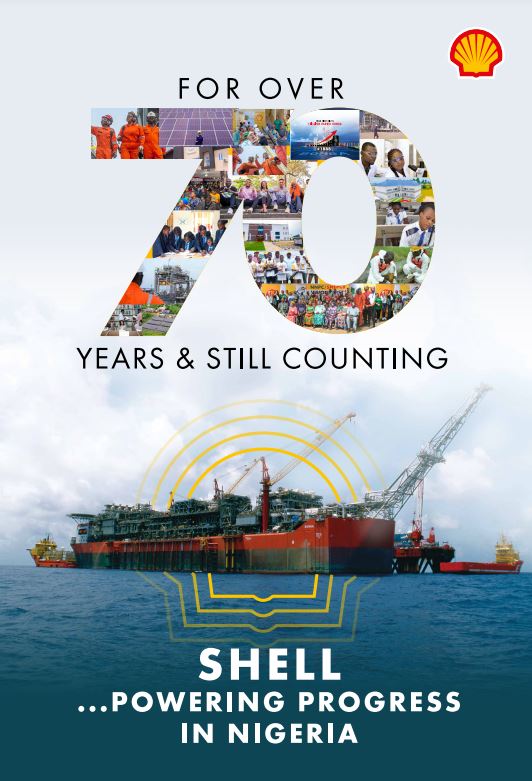
Key Details:
– Project Overview: The pipeline will span across West Africa, connecting Nigeria to Europe via Morocco.
– Investment Call: Nigeria is proactively seeking strategic partners to invest in and support the project’s completion.
Potential Impact:
– Economic Boost: The project promises to significantly bolster Nigeria’s economy through revenue generation and job creation.
– Energy Security for Europe: By providing a new source of natural gas, the pipeline will enhance Europe’s energy security and reduce dependence on other sources.
Vice President Kashim Shettima disclosed the government’s intention during a high-level meeting with top executives of Vitol Group at the Presidential Villa in Abuja on Monday. He said the project, when fully implemented, would be a game-changer for Nigeria’s energy ambitions and a major step in the country’s gas export strategy.
The proposed pipeline will connect Nigerian gas fields to Morocco, and eventually Europe, traversing multiple West African nations. The initiative aligns with Nigeria’s broader goal of becoming a global energy hub, especially as Europe seeks alternative gas supply routes in the wake of shifting geopolitical alliances.
“The world is changing, and ours is actually a gas—not an oil—economy,” Shettima said. “We have the eighth-largest gas reserves in the world. We really want to harness this potential, particularly because of the stability and transparency in the gas sector.”
Vice President Shettima praised the economic reforms of President Bola Tinubu, highlighting them as factors boosting Nigeria’s attractiveness to investors. “In the past 25 years, we have not had a leader who has taken such far-reaching decisions—the removal of fuel subsidy, the unification of exchange rates, and comprehensive tax reforms,” he stated.
Shettima made a direct appeal to Vitol and other global investors, encouraging them to buy into the country’s gas infrastructure plans. “This is an expensive venture requiring about $25 billion, and of course, technical expertise. We need you more for your technical expertise than for your money,” he said, referring to the undersea pipeline project.
He underscored the reliability of Nigeria’s Liquefied Natural Gas (LNG) operations, pointing to the success of the Nigeria LNG Limited (NLNG), which has remained relatively free from government interference. “What we are getting from NLNG is so predictable. That’s why we are seriously exploring the option of taking our gas to Europe.”
Shettima added that the government would ensure a fully transparent management structure for the project, inviting Vitol to use its global influence to mobilise resources for its execution. “I urge you to come on board with this project. Use your influence, contacts, and goodwill to help us realise this vision,” he said.
Responding to the government’s appeal, Vitol Group’s Chief Financial Officer, Jeffrey Dellapina, reaffirmed the company’s long-term commitment to Nigeria.
“This has been an incredibly close and important country for Vitol for a very long time,” Dellapina said. “We have participated in many sectors from downstream to financing, trading, and government support. We are always available to deploy capital when needed.”
Dellapina assured the Nigerian government of Vitol’s intent to remain a committed partner. “We want to stay in this country and evolve with you,” he said.
Also speaking at the meeting, Vitol’s Head of Public Affairs, Murtala Baloni, noted the company’s ongoing collaboration with Nigerian stakeholders. He cited Vitol’s role in the successful execution of Project Gazelle—a crude oil-backed forward-sale finance facility championed by the Nigerian National Petroleum Company Limited (NNPC Limited)—in which the company invested $300 million during the COVID-19 pandemic.
“We support the business of the government in ways that we can, especially in the deployment of capital,” Baloni said.
The Nigeria-Morocco Gas Pipeline, first conceptualised in 2016, has remained a priority for both nations, with technical and feasibility studies completed in phases. With Monday’s engagement, the Nigerian government appears ready to move beyond studies and toward full execution—potentially setting the stage for one of Africa’s most ambitious energy infrastructure projects.


